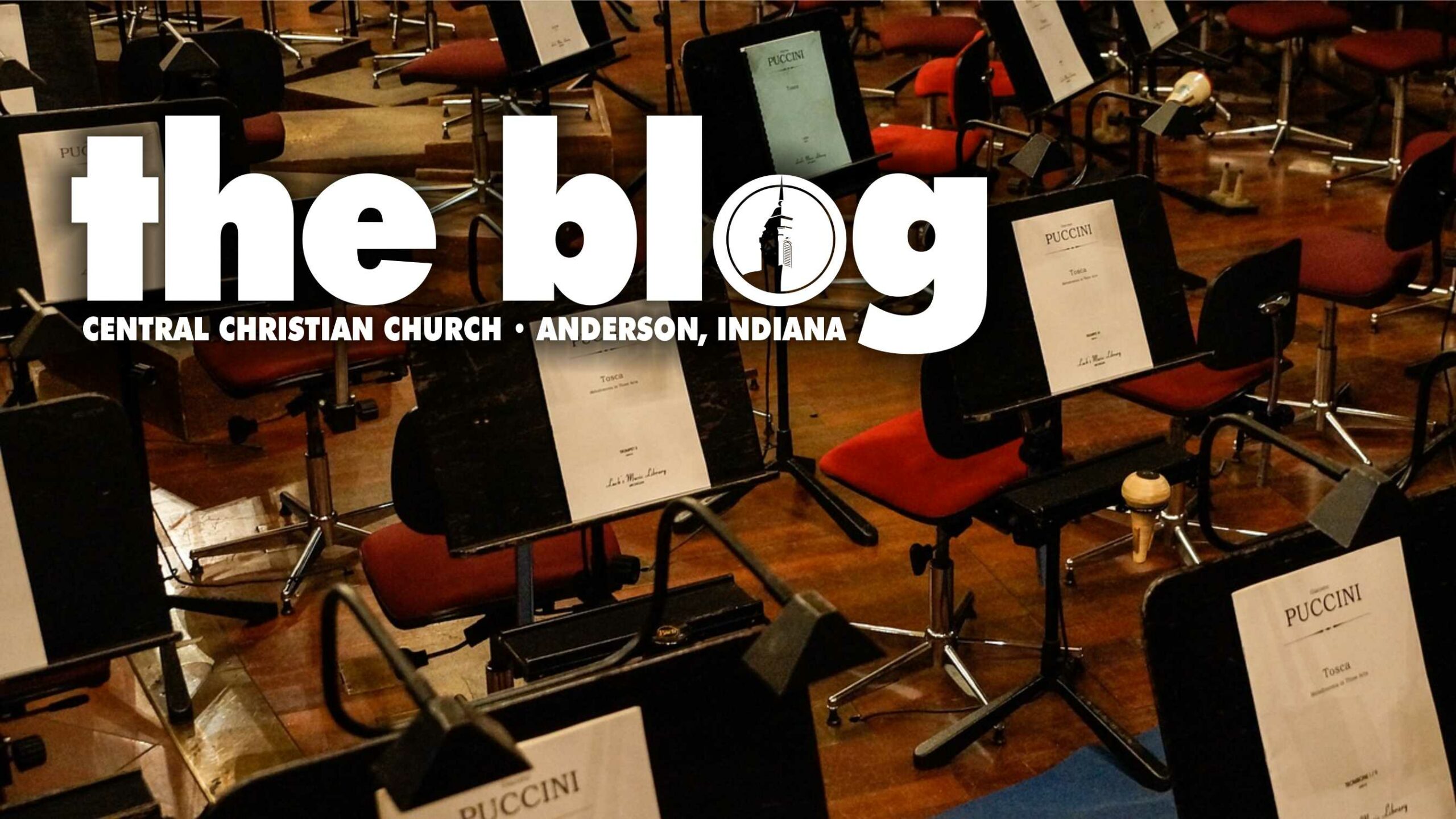A PART OF THE ORCHESTRA

756
Years ago, I played percussion in my local Symphony Orchestra. I thought about that the other day while searching for some music. As I was looking for something else, I came upon an old “percussion” part that was tucked into something else. A flood of memories came as I looked on it, saw my teen-aged pencil marks and notes – and I suddenly remembered what it was like to participate in a large orchestra – standing in the back, soaking in the music and counting, counting, counting.
I don’t know if you have ever seen an orchestral “part” before, but the magic in it is that it is a PART and not the SCORE. In other words, there is one line, and (especially in the case of a percussionist) many, many measures one doesn’t play, but those measures need to be accounted for, so that you know when to come in and play your part. For the percussionist, it’s not unusual to have hundreds of measures to count before possibly playing just one tap of a drum or roll of timpani. Then it’s back to counting until the next part.
Many times, no one person in the orchestra (except for the conductor of course, God willing) knows what the piece sounds like; they only have their part to see and until EVERYONE plays together, it may not make too much sense. In that case, it’s up to the player to concentrate, count, and watch the conductor for the cue to come in at the right time and place.
One player may have several “roles” to play within one piece. Sometimes the player is the “oomp” part of the “oomp-pah-pah”. Sometimes they are the “pah-pah” part of the “oomp-pah-pah“. Other times a player, by themselves or in a section with others playing their same part, may be harmony, sometimes counter-melody and sometimes MELODY. Depending on what the composer wrote, everyone has a “part” to play to make sure that the listener’s ears are intrigued. Every-once-in-a-while the player gets a SOLO; playing the main phrase or melody alone amongst the other players. At that point, the conductor will look directly at the player and give a direction that says, “Play out, so that all can hear you.” It doesn’t happen often for any one player (unless you’re a woodwind) but it happens enough that you need to be ready when it does.
What if everyone played believing that every line they played was their own personal SOLO? What if everyone played believing that they always had the harmony and should stay in the background. What if no one believed their part was important enough to even come in at the right time and therefore didn’t count OR watch the conductor. Well, one thing I know for sure, that orchestra wouldn’t have an audience for much longer.
In a symphony orchestra, as in The Kingdom of God, every part is very important TO THE WHOLE. The composer has written something with a specific task in mind, the conductor takes that and coordinates with all the players so that the audience gets a sense of the journey. Although many times the conductor may see or hear other possibilities in the song and change the tempo a bit, or the balance, it is only to enhance the piece – sometimes discovering things even the composer themselves didn’t see or hear. But the task of the player is to know when they are supporting, when they are harmonic, when they are counter-melody and when they are melody…AND WHEN THEY ARE SOLOISTS…and to be prepared for each.
In The Kingdom, there are many who would like to be the soloist ALL THE TIME, without the sense that, like a piece of music, it is important for the world to hear all the player, and the entire piece, not just a part of it, but the whole of it. God calls us (the players) to be ready for anything and everything. Sometimes we support each other, sometimes we play in unison, sometimes we play the melody…and every-once-in-a-while, it’s our turn to take the solo (I Corinthians 12:14-20).
What happens if an orchestra player doesn’t practice because they don’t believe they’ll ever play a solo? I’ll tell you what happens, because I’ve seen it happen: The solo part comes and they are not prepared, and that player is swiftly replaced with someone who is prepared. And so it is with life in The Kingdom (John 15:2).
Jesus asks us to be happy with each other and ourselves. Doing what we need to do to “play the piece” and communicate it to the “audience”. We are not always going to be the soloist, we are not always going to be the support, and most of the time we are handed a part that has lots and lots of rests – during which an entire song continues on. Our part in the song may not be evident until we play our part and then see how it fits.
Trust yourself. Trust conductor….and trust the “Composer”.

